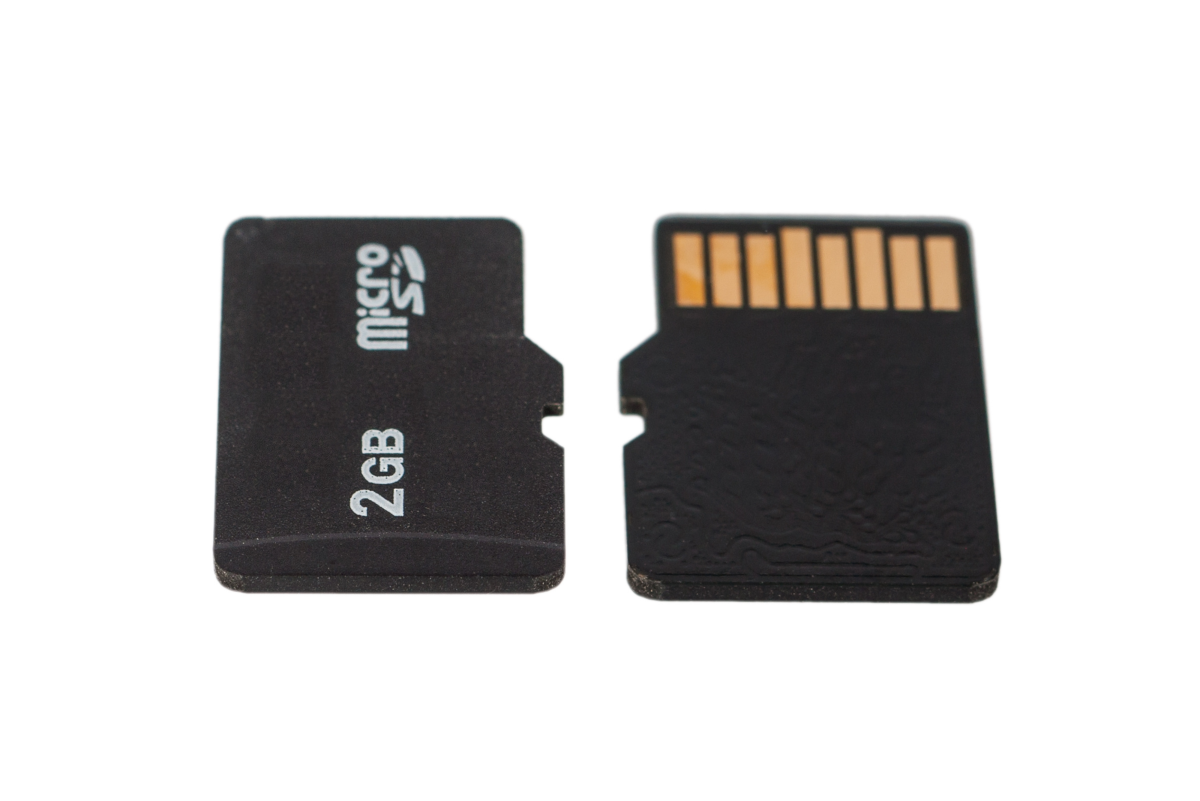- HubPages»
- Technology»
- Internet & the Web»
- Viruses, Spyware & Internet Security
How To Protect Yourself From DDoS Attacks
DDoS attacks – a short description
Basically DDoSing is flooding a website/ server or router by sending a lot of 'fake requests’. The computer will see these requests as ‘people who are trying to connect’, but actually it is a person/ multiple persons sending 'fake requests' to connect.
Because it doesn’t have to be hard to DDOS someone (there are multiple methods), it is a very common used and dangerous way to virtually ‘harm’ peoples network and businesses.

Why do people actually DDoS?
Well, the sad truth is that people DDoS because they think it’s funny, or just want to take out a business competitor. Kids, teen, adults, they can all attack your network, most of the times without you even knowing it. A well known example of a group performing attacks is Anonymous. They have performed attacks on, for example, Paypal and Mastercard.
The symptoms of a being under a DDoS attack
- You won’t be able to connect to your website. Double check if it isn’t a network problem by connecting to a well known site like Google or Yahoo.
- Your amount of spam mails will increase drastically. This is called an ‘e-mail bomb’ or ‘mail bomb’.
- Your internet connection will slow down drastically (over time). Again, make sure this isn’t a network problem by, for example, resetting the router.
How dangerous are these attacks?
The law is saying that DDoSing is illegal, right? Now take a look at this Wikipedia page:
Basically, this page is telling us people can DDoS without getting punished, unless they cause up to $5000 of damage… (the other stuff is quite unlikely to happen). In general, with the $5000 of damage, they mean ‘lost sales because of downtime’.
This quite sucks right? Well, it shouldn’t be too easy for people to DDOS someone...
Therefore people can’t DDoS a site/ network with just one computer (unless it is really small).
Another advantage is that DDoSers can’t steal/ access any files on your computer, or control/ destroy your device. Now don’t get too excited… there are other viruses which can totally mess up your computer.
Would you like me to explain these 'other' viruses in another Hub?
How can I protect myself/ my company?
You could easily sign up with a company like undo-ddos or Prolexic.
Despite this ‘easy way of protection’, if you don’t want to spend a lot of money on a program protection you, you could better be focusing on preventing it. So what can you do to prevent it?
To prevent getting attacked, you should read this ‘DDoS_Prevention_Guide’. These tips work for both Windows and Mac, certainly worth checking out!

Keep this in mind!
Performing these 'attacks' is strictly illegal, don’t try to get back on a person by attacking him/her. It could get you into jail! Always keep calm and try to solve the problem first.








